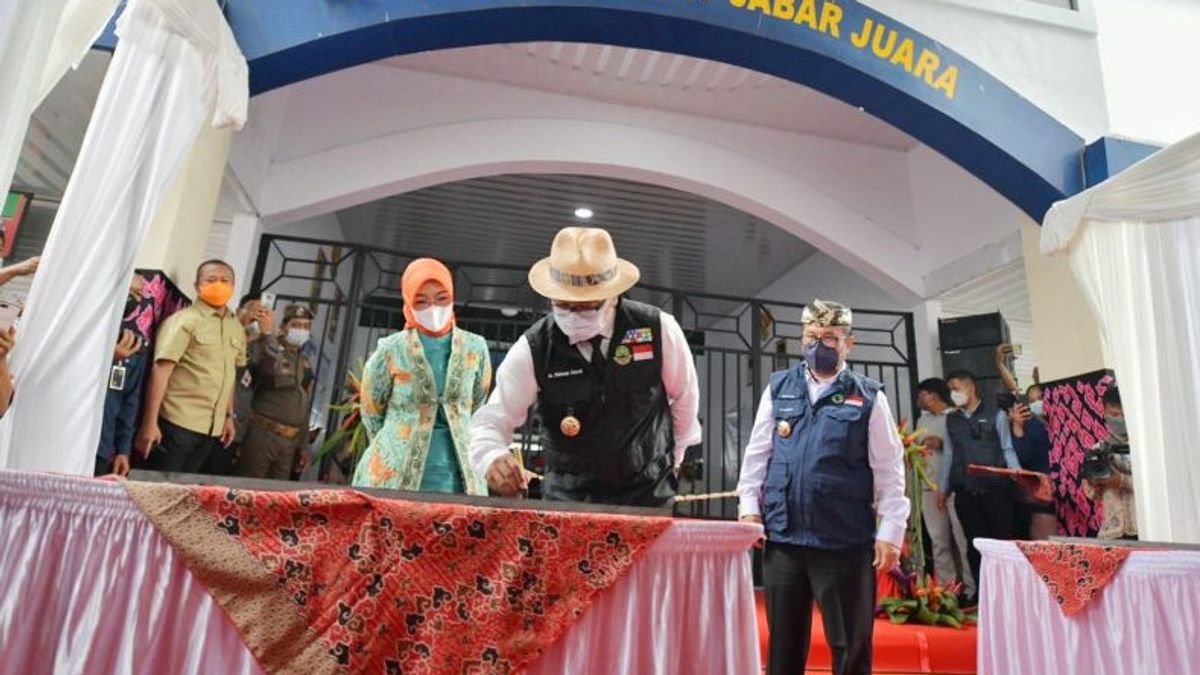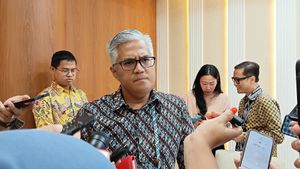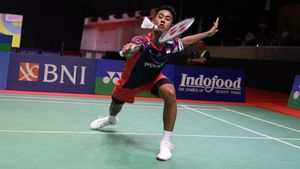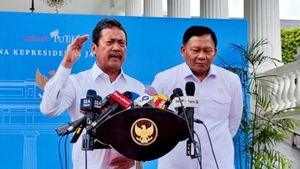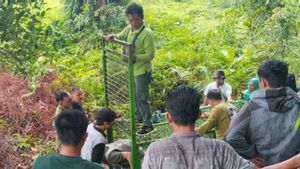BANDUNG - West Java Governor M Ridwan Kamil said the West Java Provincial Government has revitalized 21 traditional markets from a target of 25 markets.
"So far, of the 25 markets targeted for revitalization, 21 markets have been revitalized with funds of IDR 229.7 billion from the financial assistance of the West Java Provincial Government," said Ridwan Kamil, quoted by Antara, Saturday, March 5
Recently, the Governor of West Java Ridwan Kamil inaugurated two traditional markets as well as the results of the revitalization of the West Java Champion People's Market Program in Cirebon Regency.
The two largest markets in Region III West Java are the Articlearan Market and the Weru Cake Market.
"It's special, usually I only inaugurate one market, but now at the same time two markets in Cirebon, indicating how important the revitalization of the market which is the heart of the economy in West Java is," he said.
The revitalization of the Articlearan Market cost Rp 9.2 billion and the Kue Waru Market Rp 13.5 billion. Meanwhile, in 2022, there will be one market unit that will be revitalized with a fund of IDR 4 billion.
"We will continue to improve the market so that the people's economy becomes number one again after the COVID-19 pandemic," said Kang Emil.
Kang Emil said, through the West Java People's Market program, all traditional markets in West Java were targeted to no longer be in slum and chaotic conditions.
That way shopping will be more comfortable and become a hope for the upper middle class community.
"I aspire that all traditional markets in West Java will no longer be shabby and chaotic. I am also happy to go to traditional markets because the shop owners are the general public, while having dialogue and bargaining, therein lies the local wisdom. Upper middle class people are increasingly busy going to traditional markets," said Kang Emil.
The specialty of the Articlearan Market is that it already has a non-cash payment system.
The market manager cooperates with Bank Indonesia and bank bjb to provide payments through QRIS (Quick Response Code Indonesian Standard).
With transactions using this QR Code, buyers can make payments faster, safer and easier in a market that has 1,400 merchant booths.
"This is the second target where people no longer pay in cash but non-cash through QRIS, which will become the new standard," said Kang Emil.
According to him, currently the average community already uses smartphones and understands the digital world. Bank Indonesia and Bank BJB must take on the role of utilizing this potential in digital transactions.
Kang Emil hopes that gradually this digital transaction will become a new habit in society.
"Today, everyone holds a cellphone and understands digital, hopefully this QRIS will become a new habit in society in transacting," he said.
The English, Chinese, Japanese, Arabic, and French versions are automatically generated by the AI. So there may still be inaccuracies in translating, please always see Indonesian as our main language. (system supported by DigitalSiber.id)
